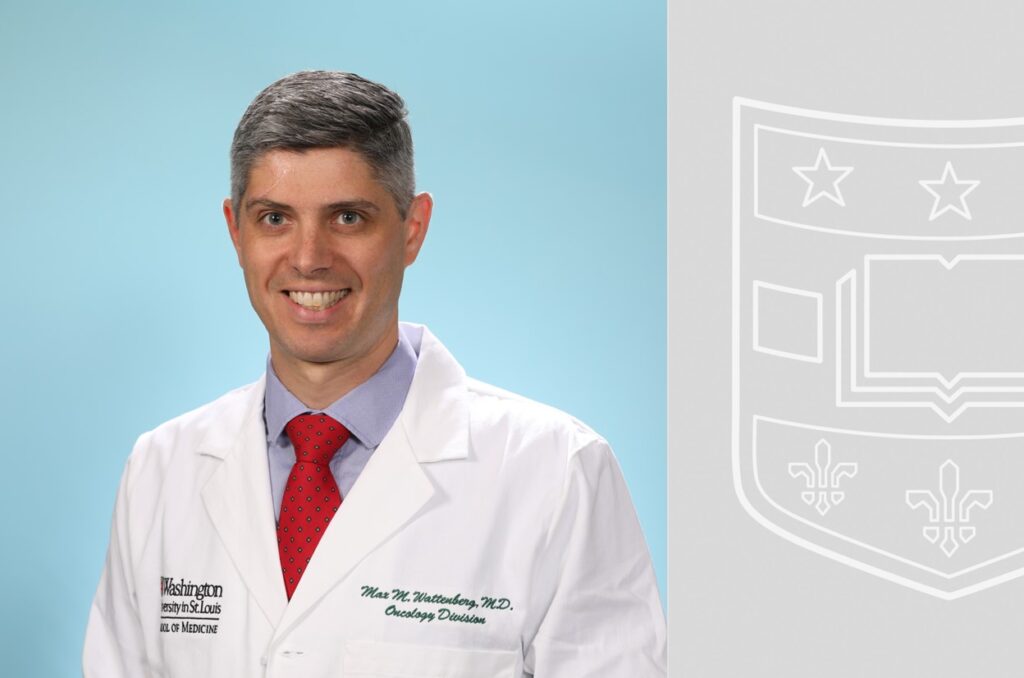Dr. Wattenberg joined the Department of Medicine in the Division of Oncology as an Assistant Professor in July 2024. He has a long-standing interest in immune-oncology and hopes to unveil new approaches to targeting the immune system for cancer therapy. Dr. Wattenberg received his MD from the University of Louisville School of Medicine. During medical school, he trained at the National Institutes of Health, where he studied immune mechanisms of standard of care cancer therapies. He next completed internship and residency in internal medicine at the University of California, San Francisco, and fellowship in medical oncology at the University of Pennsylvania. Dr. Wattenberg also completed post-doctoral training in the laboratory of Dr. Gregory Beatty, at the University of Pennsylvania, where he conducted work showing that combined activation of myeloid signaling pathways could drive robust anti-tumor activity in pancreatic cancer. In support of Dr. Wattenberg’s research efforts, he has received competitive funding from the Damon Runyon Foundation and a NIH/NCI K08 award.
As a physician scientist, he focuses his efforts on delivering high quality care to patients with pancreatic cancer and leading a translational research team. A key aspect of his research program is providing education and career development for scientific trainees. Thus, he has a specific interest in mentoring the next generation of biomedical researchers. Additionally, his research aims to define new strategies to leverage myeloid cell functions for cancer therapy and elucidate fundamental determinants of immunosurveillance in pancreatic cancer. To do this, his research program incorporates early phase clinical trials, analyses of human samples, clinically relevant mouse models of cancer, functional genomics, and multi-omics analyses. The goal of this work is to develop the rationale for new clinical trials to improve outcomes for patients with pancreatic cancer. His key interests are in delivering high quality care for patients with gastrointestinal cancers and defining new strategies for the treatment of pancreatic cancer.
